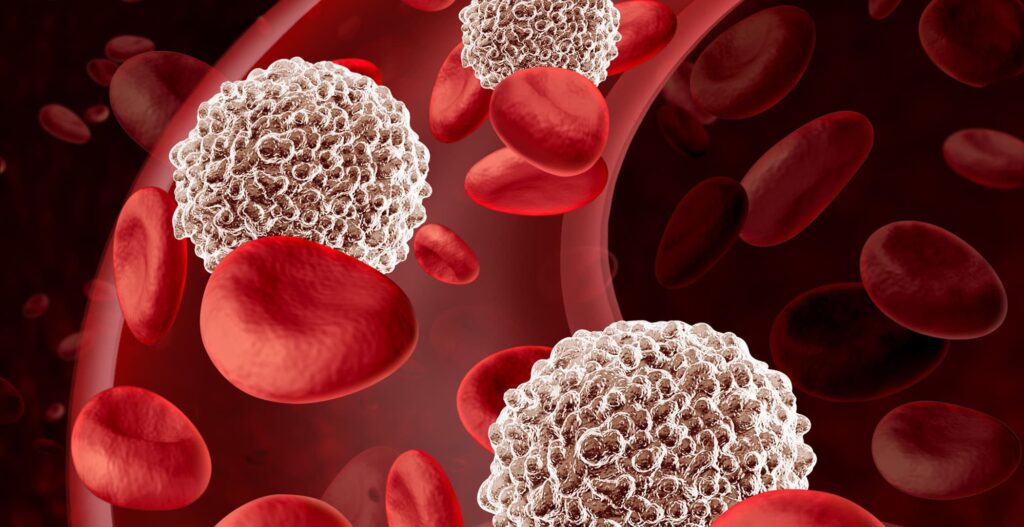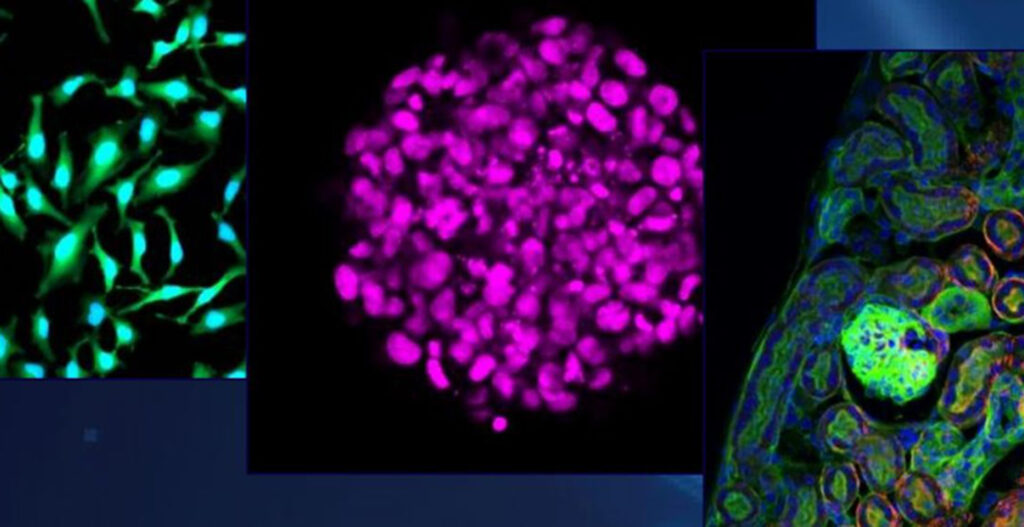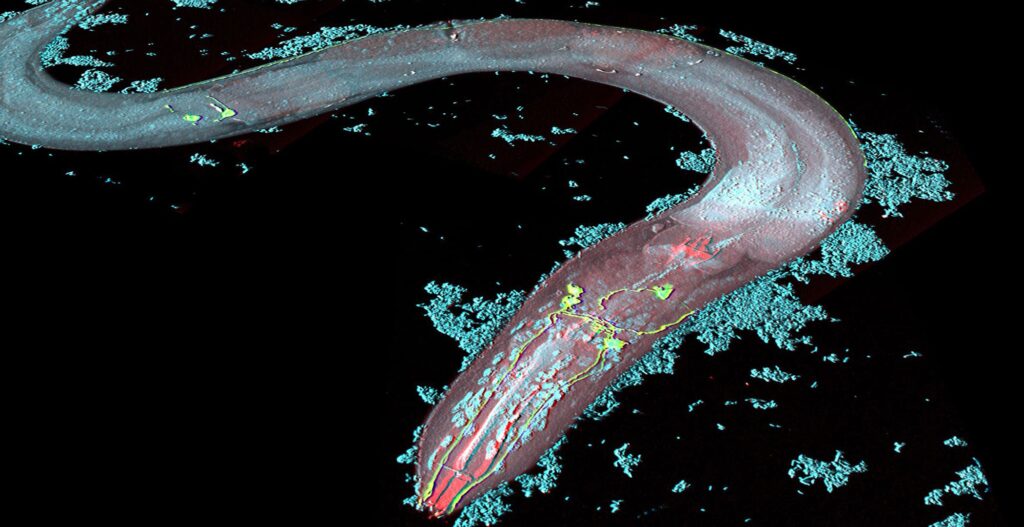What are T-cells?
T-cells are white blood cells, called lymphocytes, that are part of the immune system and help to fight against infection but also cancer cells. The defective cells are recognized by T-cells and are removed by the immune system afterward. But unfortunately, cancer cells gain the ability to escape from the recognition by T-cells and therefore can expand in the body.
CAR T-cells
Finding new ways to get T-cells to recognize cancer cells is a solution for treating cancer patients and one possible way to do this might be CAR T-cell therapy.
In the first step, T-cells are collected from the patient. Then the T-cells are genetically engineered into CAR T-cells. CAR stands for chimeric antigen receptor that is able to recognize specific proteins (antigens) on the cell surface of the cancer cell. The CAR T-cells then are given back to the patient by intravenous infusion.
CAR T-cell therapy has shown impressive results in leukemia but for solid tumors, new preclinical models are needed. Henner Farin et al. (published in EMBO, 2019) could prove a new 3D model for CAR-mediated cytotoxicity using patient-derived colorectal cancer organoids. The researchers developed a platform to study CAR cell cytotoxicity against 3-dimensional (3D) patient-derived colon organoids.
It has been demonstrated for the first time that genetically modified immune cells can successfully destroy colon cancer cells.
The Natural Killer
But also, a different type of immune cells like the natural killer (NK) cells can be used as CAR NK cells for the treatment of cancer patients. Much of this research is still in its early days, but some CAR NK cell therapies are already being tested in small clinical trials.
The established natural killer (NK) cell line NK-92 has been described as an alternative source for CAR-engineered immune cells. The NK-92 cell line was derived from a non-Hodgkin’s lymphoma.
The authors describe a platform for the assessment of CAR-NK-92-mediated activity against patient-derived organoids in a 3D environment. Compared to previous in vitro and in vivo models, the assays described here allow more physiological analysis of effector cell recruitment and cytotoxicity on a single organoid level.
Source: Schnalzger T.E. et al. 3D model for CAR-mediated cytotoxicity using patient-derived colorectal cancer organoids. In: The EMBO Journal (online publication 29th April 2019). DOI: 10.15252/embj.2018100928




